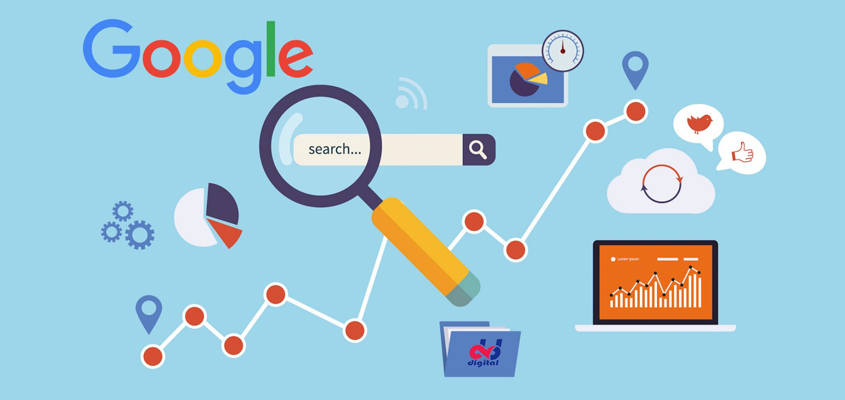Unit No. 101, 102,
Block - F, Plot No. 14,
Local Shopping Complex,
Bhera Enclave, Paschim Vihar,
New Delhi-11008783
Ultimate Guide to Google’s Ranking Factors Part 2: Page-Level Factors

As promised, we’re back again with the second edition, this time talking about the page-level factors affecting Google’s rankings. Without much ado, let’s begin.
Before we plunge into the details, it’s important to know that every update that Google rolls out is based on its mission statement, which is mentioned as follows:
Google’s mission is to organize the world’s information and make it useful and universally accessible.
And if your goal is to climb up the ladders to the top of the search results, your page-level SEO efforts need to align with the statement mentioned above.
Page-Level Factors
1. Keywords in Title Tags: Except for the content itself, title tag is the most important piece of content in a website, reflecting a strong on page SEO. Just don’t overdo SEO keywords. Stuffing is a big no.
2. Title Tags starting with a Keyword: Keywords in the title tag are potent SEO signals. Place your keywords in a descending order since the search engines tend to deem the first keyword the most important.
3. Keyword in Description Tag: The quality of a description holds little to no value for Google’s ranking algorithms but influences click-through rate. Use it wisely.
4. Keyword in H1 Tag: An H1 tag, which is commonly referred to as second title tag, is an important SEO relevancy signal. Search engines pay attention to the headings because they are supposed to hold clues into the page’s content.
5. Keyword as the most frequently used phrase: A keyword phrase appearing throughout the document acts as a relevancy signal and increases your chances of getting included in the search results.
6. Length of the Content: There is a positive correlation between the length of a content piece and search engine rankings. Longer content generally covers a wider breadth and consists of more keywords as compared to superficial content and perform better.
7. Keyword Density: Most studies consider keyword density a myth. However, going overboard can always hurt your rankings. If it looks natural to you, it’s okay for Google too.
8. LSI or Latent Semantic Indexing Keywords in Content: The presence of LSI keywords acts as a quality signal helping search engines extract meaning from ambiguous words. LSI keywords in content are also a great way to recover from Google penalty around keyword stuffing.
9. LSI Keywords in Description and Title Tags: Just like in content, LSI keywords in Meta Descriptions act like relevancy signal and help the search engines discern between ambiguous keywords.
10. Page Loading Speed via HTML: Based on your webpage’s file size and code, a search engine can fairly estimate your page loading time. Apart from Title tags and Meta descriptions, it’s one of the biggest factors for a high search engine ranking.
11. Duplicate Content: Duplicate content is not an ideal set-up for a website. However, it isn’t penalized. Copied content is. It’s important for you to understand that duplicate content is not copied content. Unlike copied content, duplicate content isn’t necessarily manipulating and free of malicious intents.
There’s only so much a post can accommodate amigos. Try and get these points in check. In the meantime, we’ll be coming up with the next edition with more page-level factors that can potentially affect Google’s rankings.
Get Free Quote
- Published on
- 28/05/2017
- By
- Brands Martini
- Categories:
found us interesting?
catch up over the drink
call us for meeting
(+91) 9999-30-3344











